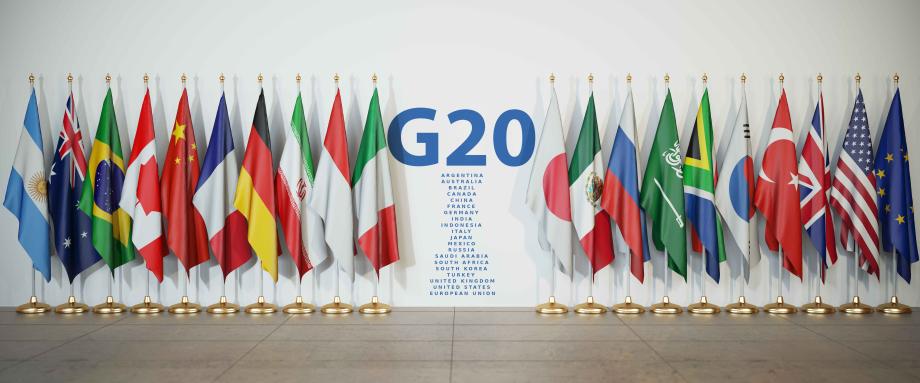In about a hundred words on the G20 meeting in Bali

The 17th edition of the G20 will take place from 15-16 November 2022 under Indonesia’s Presidency. This year’s edition comes against the backdrop of an acrimonious international system and a groundswell of global problems ranging from war in Europe to impending climate disasters. With the leaders’ meeting in Bali, GLOBSEC asks three experts: what would be the best possible outcome of the meeting for the larger international community?
Pavlo Sheremeta, former Ukrainian Minister of Economic Development and Trade, GLOBSEC Distinguished Fellow
This year, Ukraine is the only Central and East European country invited to the G20, respecting its existential fight for freedom and rule-based world order. This gives Ukraine and its partners a great chance to explain the nature of this unjust, brutal, genocidal war, started by Russia to other big countries in the Global South and build a broader global support coalition. We dream about the future where freedom and rule-based order prevail, and Ukraine together with other Central European countries deserve a seat at G20 based on their economic prosperity and dynamism.
Dr. Jean-Marc Rickli, Head of Global and Emerging Risks, Geneva Center for Security Policy (GCSP)
Following the Covid 19 crisis which exacerbated the tensions between China and the United States and the West as well as Russia’s invasion of Ukraine which has severed relationships of Moscow with the West, this summit could be seen as the first summit of the “End of the end of the Cold War” period. This period is characterized by an increasing polarization of international relations, a growing technological decoupling between China and the United States and a questioning of globalization and multilateralism. The major outcome of the summit will be what comes out of the first meeting between President Biden and Xi. It is expected that both sides will state their interests and probably communicate their red lines to the other side in order to navigate this new international environment.
Anushka Kaushik, Senior Research Fellow & Cyber Lead, GLOBSEC Policy Institute
There cannot be a better opportunity to concretely expand the G20’s ambit to include security issues than this year’s meeting in Bali. While the Grouping may have begun as a platform to discuss international economic policies and financial stability, it has swiftly responded to broader global challenges by emphasising sustainable development, global health, and combating corruption in the past. Given the current geopolitical climate, it’s unlikely that any consensus on commitments will be reached. However, the G20 – while avoiding fruitless discussions on Russia-Ukraine peace talks – should focus instead on advancing discussions on protecting the digital interface of the energy, healthcare, and finance infrastructure and the importance of increasing the cyber resilience of these sectors. This is not only essential to the identified 3 pillars of this year’s Bali summit but has been noticeably absent from the ambit of previous G20 summits.